HEALTH KIOSK
Could the health kiosk model satisfy the demand for availability and savings in towns and villages across Finland?
Health kiosk – a new approach to health services
Sitra’s Municipal Programme has spent two years researching and testing a low-threshold model for health care. The Health Kiosk is based on the Retail Clinic idea developed in the United States. The model will form part of an overall restructuring of health care provision.
The health kiosk model
Health kiosks operate as units of the local health centre and are a part of basic local health care services. A health kiosk provides low-threshold health care with a focus on the needs of the customer. The service is provided by a qualified nurse from locations that are easily accessible, such as shopping centres. In a health kiosk, nurse’s services are available without appointment and are free of charge, even in the evenings and on Saturdays.
Health kiosks may offer the following services, according to local needs:
- Preventive counselling
- Minor medical procedures, such as measuring the blood pressure, blood sugar level or muscular strength, giving vaccinations and removing stitches
- Various thematic events related to exercise, dental care or diabetes, for example.
- Service guidance
Experimental and research projects in Ylöjärvi and Lahti
Finland’s first health kiosk was opened in June 2009 in the Elo shopping centre in Ylöjärvi, and the second in the Trio shopping centre in Lahti. The first health kiosk to be opened in a major city, Lahti, was able to benefit from the positive experience gained in Ylöjärvi.
These two-year experimental and research projects supported by Sitra’s Municipal Programme have been used to test how a low-threshold service will benefit the following:
- restructuring of basic health care services
- management of the municipal economy
- early recognition of groups at risk
- improvement of customer and work satisfaction.
Evaluation of the outcome of the experiments
The University of Tampere provided a neutral evaluation of the impacts of the two-year experiments on the health care services of Ylöjärvi and Lahti and recognised a number of best practices that could be used in other municipal services. The results take into consideration the current health care services and operations, as well as customer and personnel satisfaction.
The evaluation of the health kiosk has been carried out in three stages:
- The basic survey evaluated the implementation, customer experiences and development challenges of the Ylöjärvi health kiosk and Lahti health kiosk.
- The intermediate evaluation reviewed the costs and service demand of the Ylöjärvi and Lahti health kiosks based on statistics from the first year of operation.
- The final evaluation provides an overall picture of the health kiosk and its role as a part of the basic municipal health care system. A final evaluation was carried out for the Ylöjärvi health kiosk (in Finnish) in August 2011, and the final evaluation of the Lahti health kiosk (in Finnish) was completed in spring 2012.
The health kiosk evaluation reports for 2009–2011 can also be found in the publication section of the site.
Benefits of the model
- Segmentation of services according to customers’ needs helps target health care resources more precisely and improves efficiency.
- A light organisational structure enables cost efficient production of services – at one-third of the cost of a health clinic visit at best.
- Improved availability of services, resulting in more frequent visits and early detection of health problems.
- Supports preventive health care and promotes the inclusion of groups at risk.
- Helps control costs through early intervention and monitoring of chronic diseases.
- Provides routine procedures in a flexible manner, freeing time for more demanding procedures at the health centres.
- An efficient additional resource for the needs created by an ageing population and, for example, during vaccination campaigns.
Towards greater use of health kiosks
The experience gained from the Ylöjärvi and Lahti health kiosks is now ready to become more widespread throughout Finland. The model has been publicised by Sitra’s Municipal Programme since autumn 2011, and the objective now is to establish 50 health kiosks in Finland over the next two years.
Sitra has compiled a basic Health kiosk guide (in Finnish) for local public authorities detailing the experiences at the Ylöjärvi and Lahti kiosks. The guide provides information to support the planning and launching of operations.
The Health Kiosk Guide may be freely used for non-commercial purposes under the terms of the Creative Commons – Attribution-NonCommercial 4.0 International – CC BY-NC 4.0 license.
Public organisations may use the Terveyskioski name (Health Kiosk in Finnish) for a primary health care service within the meaning of the Finnish Public Health Act (in Finnish Kansanterveyslaki). However, the use of the name requires a licence agreement between Sitra and the public organisation (point of contact: kirjaamo@sitra.fi). The rights to other uses of the Terveyskioski name are owned by Luontoistuote Oulun Natural Oy.
Health kiosks in Finland
Use the links to take a closer look at the local operation of health kiosks.
Ylöjärvi wellbeing kiosk (formerly Ylöjärvi health kiosk)
Lahti health kiosk
Kotka health kiosk
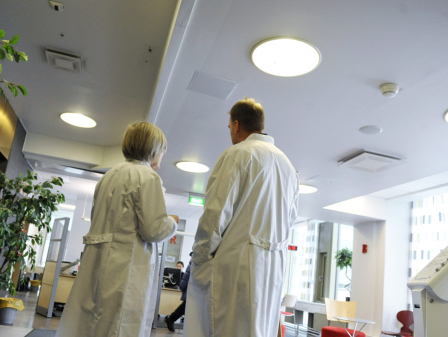
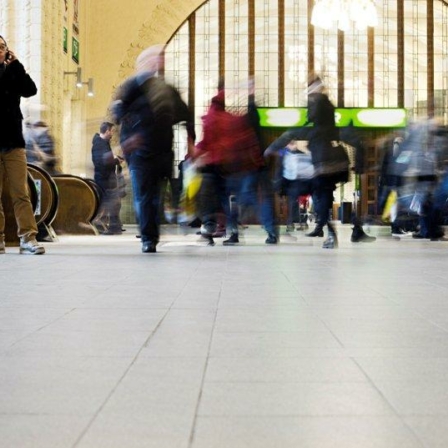
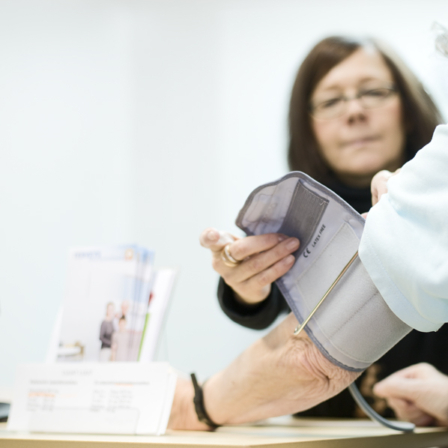
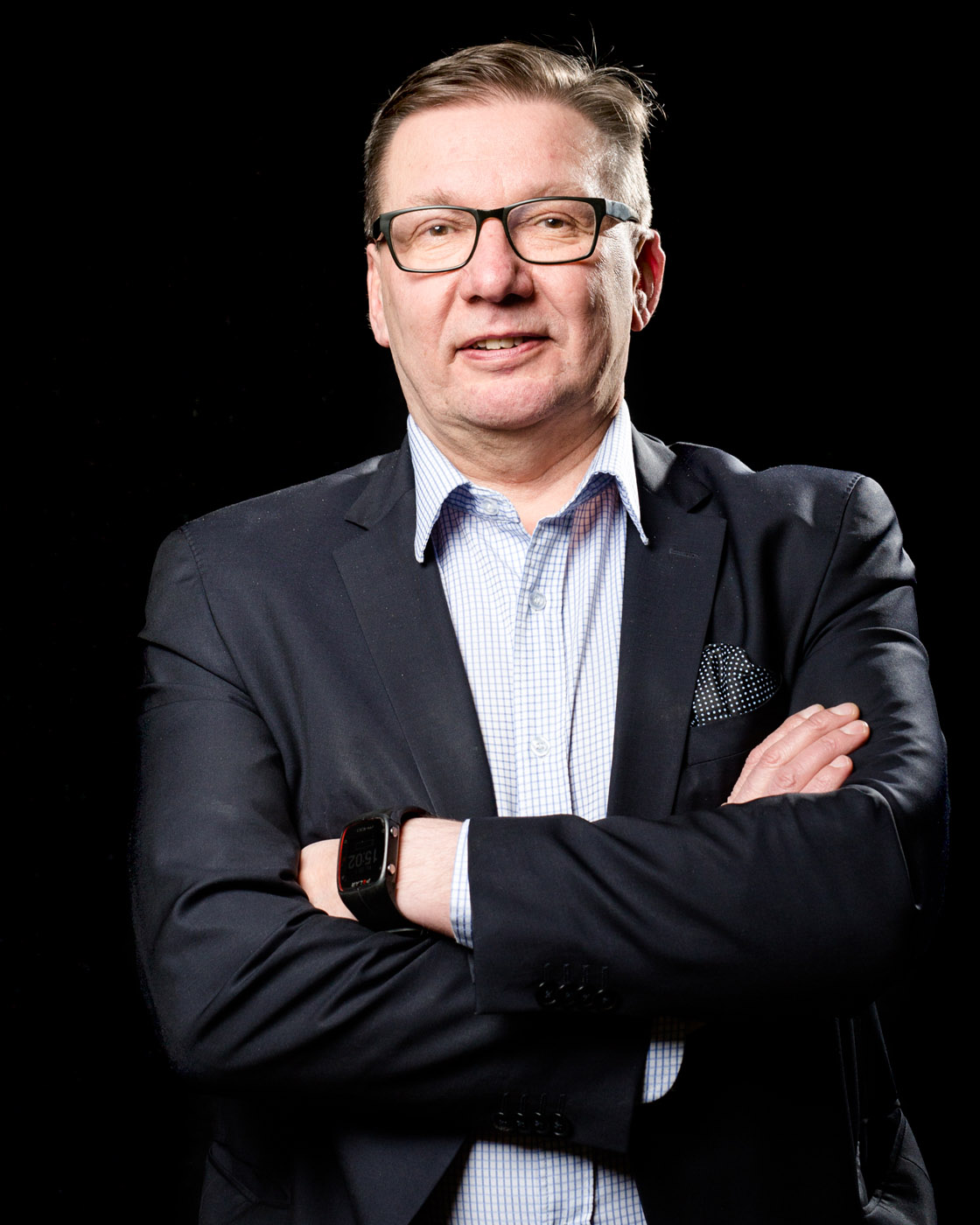
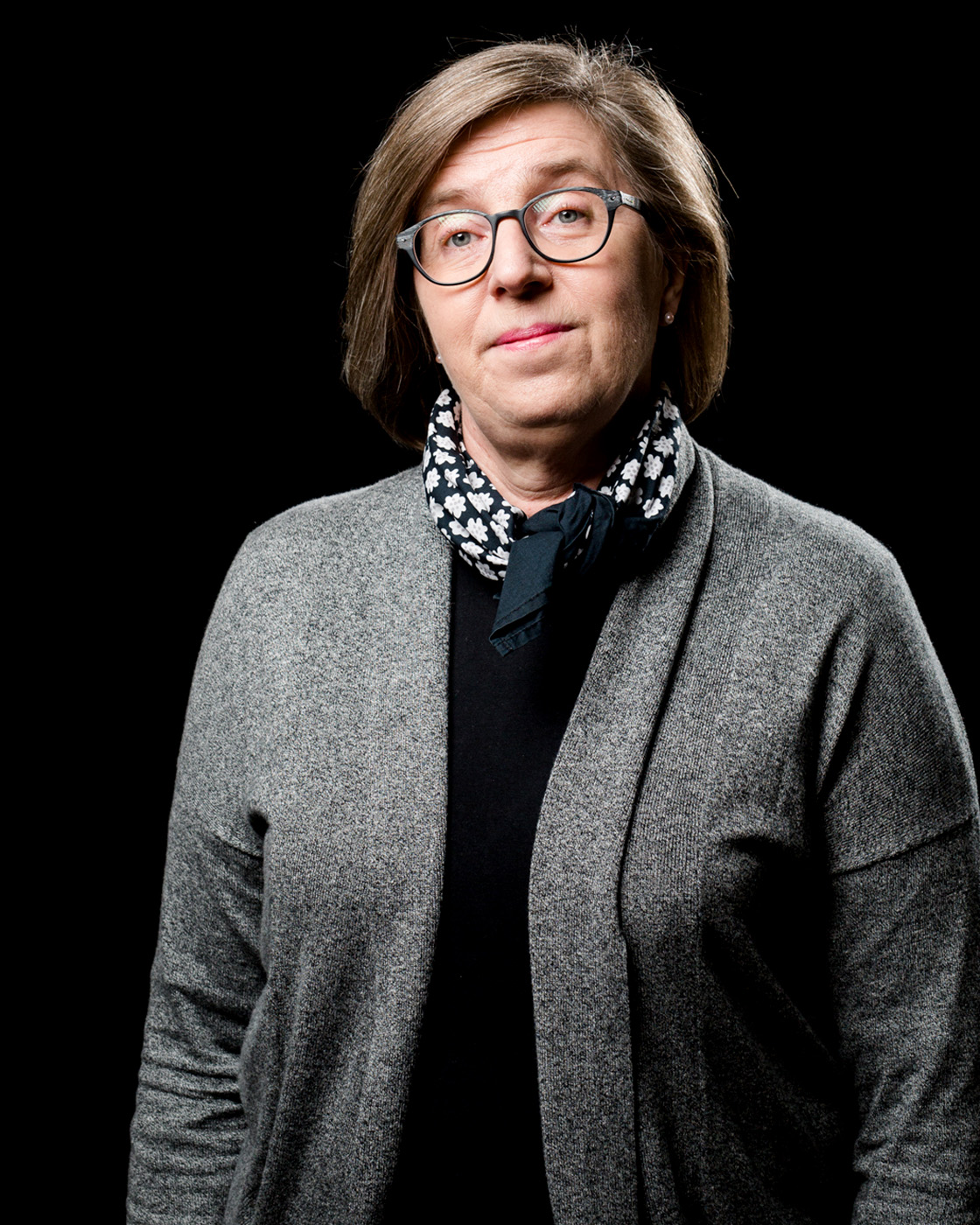
LATEST